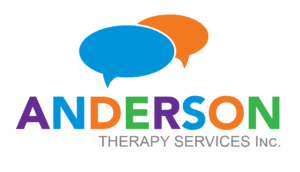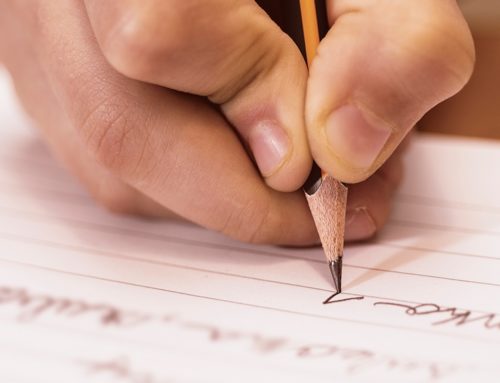Does My Child Have a Stutter?
No one is perfectly fluent. Sometimes we stumble on our words when we’re excited or tired, or when we feel nervous. It can happen on short words that start with tricky sounds like /st/, or in sentences with multiple words that begin with the same sound, “Peter played with Patty at the playground”. These unconcerning stumbles are called disfluencies, which are just relaxed disruptions in our normal flow of speech; they don’t usually frustrate us and often times go unnoticed.
Children can often experience periods of normal dysfluency between the ages of 2-4. When listening to your child, you may notice that their dysfluencies:
- are often episodic, where they have periods of dysfluent and fluent speech
- occur when he/she child is overly excited, upset, or under any pressure
- primarily occur at the beginning of sentences
- are often on whole words rather than part-words
- occur mainly grammatical words such as “I” , “the” or “and”
- your child usually experiences little concern or struggle during these dysfluencies
Stuttering, on the other hand, is often characteristic of tense breaks in the flow of speech. Disruptions for stutterers can occur both at the beginning or middle of words/sentences. They can be short or long and most often occur on major parts of speech. These signs are indicative of developmental stuttering:
- sound prolongations, where initial or middle sounds are stretched out (wwwwwwwhat)
- more repetitions of sounds such as “ca/ca/ca/ca/ca/ca/can” (rather than just one or two repetitions)
- blocks, where the sound seems to get stuck in the child’s mouth
- the dysfluencies are present most of the time, but can come and go in severity
- the dysfluencies occur on major words or certain sounds (such as when saying their own name)
- the child is shows greater awareness and/or frustration
- the child starts compensating by avoiding speaking, changing what he or she wants to say, or clenching fists or eye blinking.
If you have any concerns about whether your child may have a developmental stutter, contact us to speak with a speech-language professional today. Speech and Language Pathologists are trained to assess and recognise developmental stuttering and can offer advice and effective therapy programs to help support you and your child.






